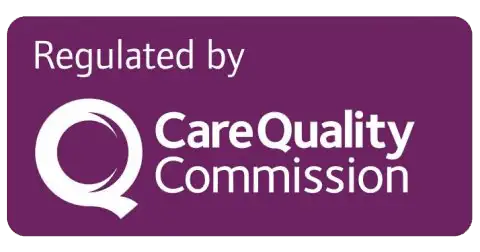Stigma is still one of the strongest barriers to recovery, despite increased awareness and increased access to mental health services. For many people, it is not the physical nature of withdrawal or the cost of rehab that can hold them back from seeking treatment — it’s the shame, judgement and concern of how they will be viewed by others. At The Wellbourne Clinic, we witness how dangerous and damaging societal attitudes can be — and how powerful compassionate, judgement-free support is in helping people move forward.

What Is Addiction Stigma?
Stigma refers to the negative beliefs and attitudes that society — and often individuals themselves — hold about addiction and those struggling with it. Common misconceptions include:
-
- “Addiction is a choice.”
- “They just lack self-control.”
- “They brought this on themselves.”
- “If they really wanted to stop, they would.”
These myths are very harmful. They overlook the complex biological, psychological and social roots of addiction and paint those who struggle with it as weak or morally flawed. The result? People hide their struggles, delay seeking help, and suffer in silence — sometimes with fatal consequences.
You’re Not Alone — But It Can Feel Like It
Recent research shows that nearly half of UK adults say they’ve been impacted by addiction, either personally or through someone they know. Yet, a significant proportion of those in need never seek professional support — often due to fear of being judged.
At The Wellbourne Clinic, we often hear from clients who:
-
- Waited years before reaching out
- Hid their drinking or drug use from family and friends
- Felt unworthy of help or recovery
This emotional weight, combined with societal silence, can make the addiction worse. Stigmas isolate. Recovery connects.
Stigma Isn’t Just Personal — It’s Structural
Stigma is not just about individual attitudes. Stigma about addiction can also be found in healthcare settings, media and policies. Language plays a major role too: terms like “junkie” or “alcoholic” reinforce stereotypes and reduce a person to their illness.
Stigma can occur even when health professionals are well intended or are not even aware they are contributing to stigma, which is why The Wellbourne Clinic ensures all staff are trained in compassionate, trauma-informed care. A client is a person first, not a diagnosis, label or number.
How We Challenge Stigma at The Wellbourne Clinic
At The Wellbourne Clinic, breaking the cycle of stigma is part of our core mission. We do this by:
1. Providing a Safe, Judgement-Free Space
Our environment is warm, welcoming and discreet. Whether you’re seeking initial advice or inpatient support, we meet you where you are — with respect and empathy.
2. Educating Clients and Families
We provide resources and educational opportunities for clients and their families for them to not view addiction as a personal defect or failing, but as a complex condition that requires understanding, care, and support.
3. Speaking Openly About Recovery
By sharing stories, hosting workshops and producing content like this blog, we aim to normalise recovery conversations and show that seeking help is a strength, not a weakness.
4. Collaborating With Professionals
We work closely with GPs, therapists and employers to shift attitudes and promote more compassionate treatment pathways.
What You Can Do to Help Break the Stigma
You don’t have to work in healthcare to make a difference. Here’s how you can help:
-
- Challenge stigmatising language when you hear it
- Speak openly about mental health and addiction in your circles
- Support friends and family with compassion, not criticism
- Share factual information to counteract myths
If You’re Struggling, You Deserve Support
If stigma has held you back from getting help, know this: you are not alone, and it is never too late. At The Wellbourne Clinic, we’re here to listen — without judgement — and to guide you toward a healthier, more empowered life.









